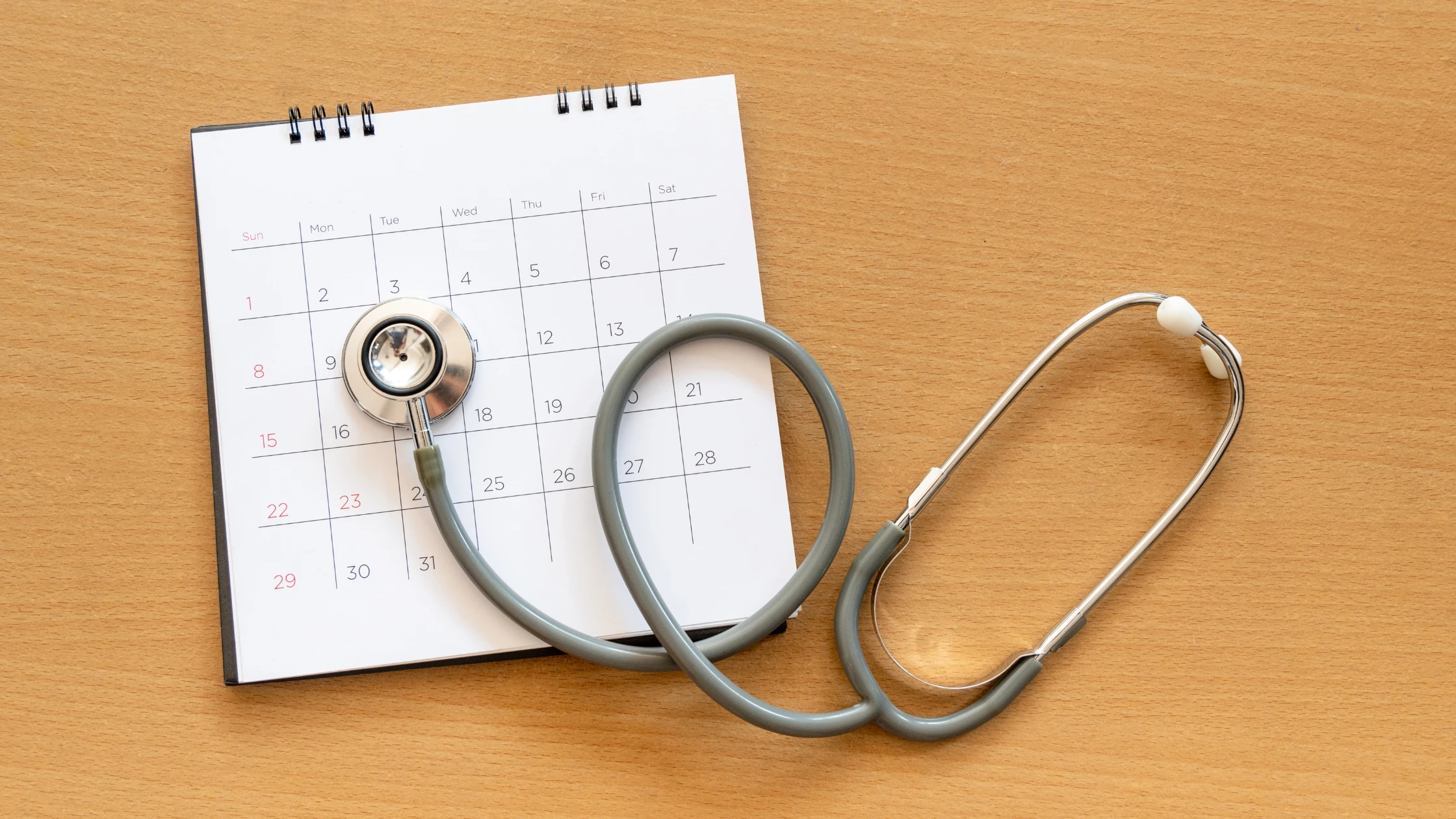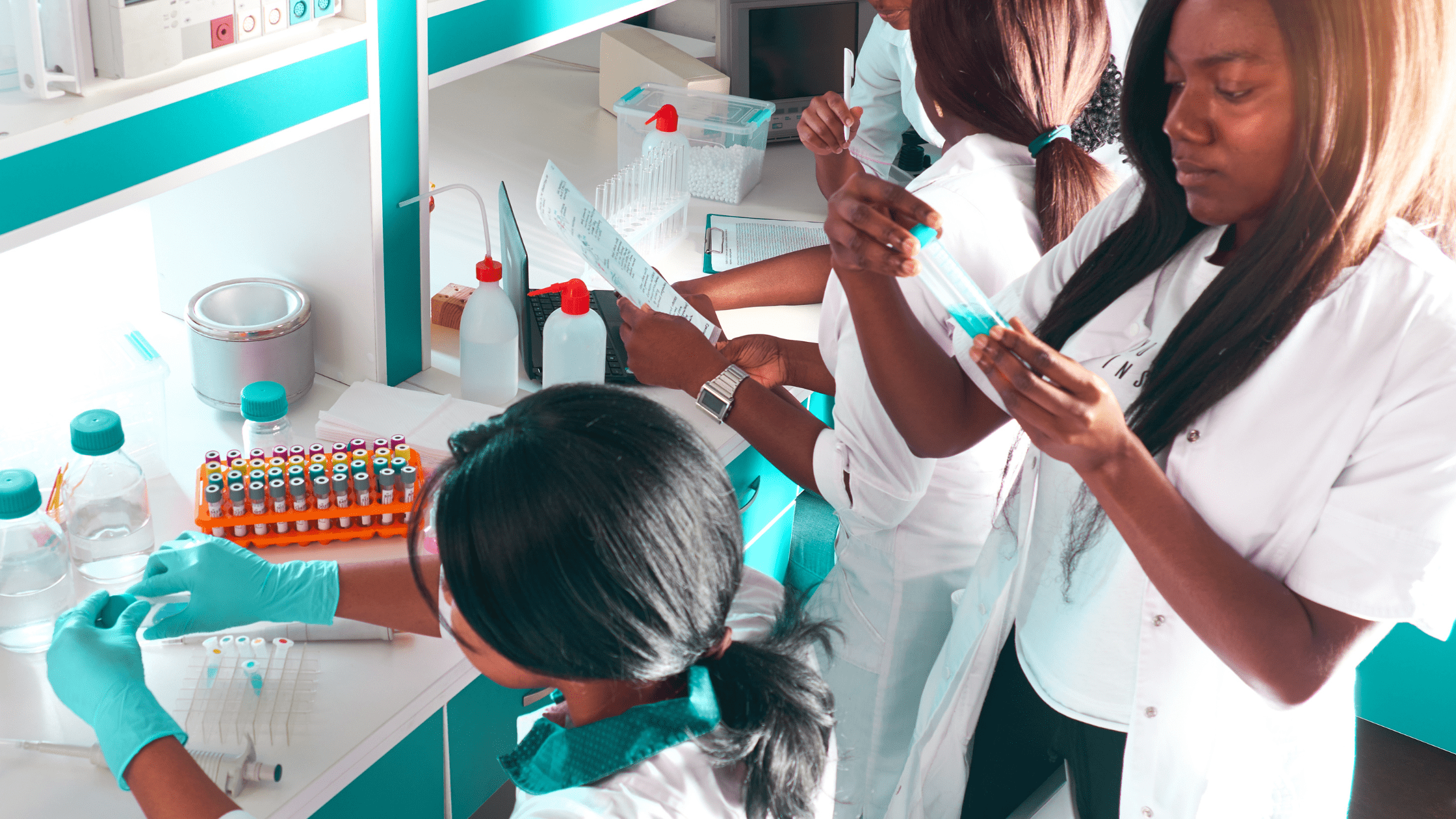8 Tips on How to Use Anki USMLE Flashcards
When it comes to studying for the USMLE, it’s worth learning how to make proper flashcards up front. While there are many different USMLE..
Addressing Burnout During Step 2 CK Preparation
Why Are Medical Students at Risk of Burnout? Research indicates that up to half of medical students encounter burnout, as medicine is an intrinsically demanding profession. If you find yourself among these students, know that there is hope. You are not alone, and strategies are available to alleviate the...
Developing Practical Clinical Competence During Clerkships
Clinical rotations, or clerkships, are crucial in medical education, bridging classroom knowledge to real-world patient care settings. During clerkships, medical students have the opportunity to develop and refine essential clinical skills under the guidance of experienced healthcare professionals. While much can be learned in the classroom, it's not until you...
Beyond the 3 p.m. Slump: Crafting a Personalized Study Routine in Medical School
Entering medical school is an exciting milestone in every aspiring physician's journey. However, the transition from undergraduate studies to the rigorous demands of medical education can be daunting. In this comprehensive blog post, we will delve into the essential aspects of creating an effective study routine for medical school, also...
Balancing Act: Managing Research Responsibilities During Clinical Rotations
Your journey through medical school is marked by crucial milestones, and arguably the most pivotal phase is your time spent in the hospital and clinic. These hands-on experiences in different healthcare settings provide a bridge between classroom knowledge and practical application. However, integrating research into clinical rotations enhances the educational...
How to Create a Med School List for AMCAS
As you start thinking about getting into med school and perparing for the upcoming medical school application cycle, you should be thinking about which schools you will apply to. There are well over 100 accredited medical schools in the U.S. and Canada, but the average applicant applies to just 16...
Reapplying to Medical School: What to Change?
If you are reapplying to medical school after an unsuccessful cycle and are looking for advice, this post is for you! Although it may feel disappointing and stressful to go through a long cycle all over again, keep in mind that you are in the majority.
What is the Hardest Part of Each Year of Medical School?
What is the hardest part of medical school in each of the years? I wish there was a simple answer to this question. I get it every time I meet with pre-med students. Any answer I give will lack the external validity required to be generalized to every school...
How to Ace Medical School Secondary Essays
After completing the AMCAS primary application, you may understandably feel exhausted! However, despite your accomplishments thus far, there is one last step in the application process before you can start interviewing. You will now start receiving secondary applications and medical school secondary essays. Unlike the AMCAS, secondary applications are...
Hindsight Advice for Building a Strong Med School Application
Ready for the understatement of the year? Medical school is tough to get into. The Med School application process is no joke. Look, the unfortunate truth is that getting good grades and smoking the MCAT won’t automatically get you one of those coveted medical school acceptances. It’ll help, but...











